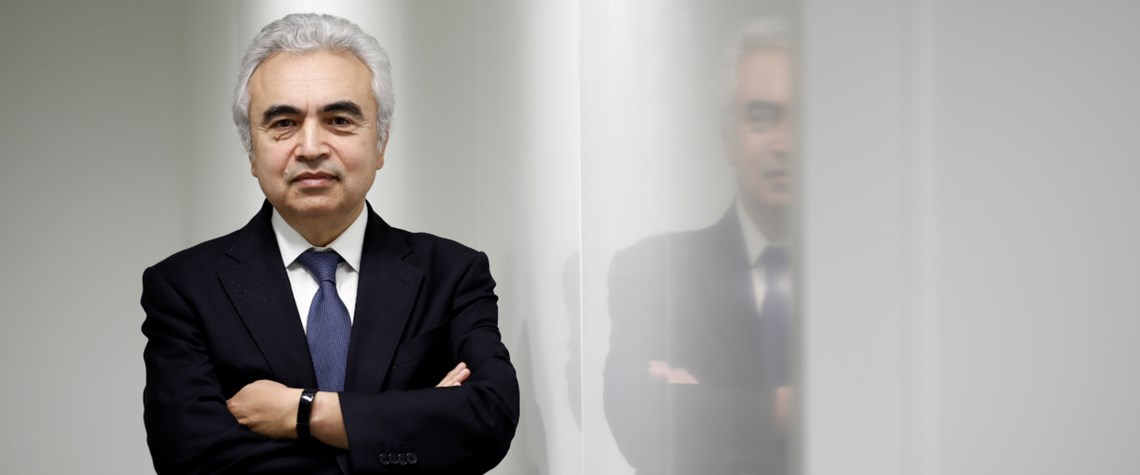Mission net zero – part one: costs
First in three-part Transition Economist series looks at the cost of the global energy transition and the magnitude of the work required
Governments and organisations around the world have set net-zero targets over the past year in line with the goals of the Paris Agreement. This has led to a number of 2050 net-zero scenarios being developed—including by the IEA, Shell, BP and the International Renewable Energy Agency (Irena). But to achieve net zero by 2050 will require a massive transformation of the global energy system, according to Fatih Birol, executive director of the IEA. “The world has a huge challenge ahead of it to move net zero by 2050 from a narrow possibility to a practical reality,” he writes in the IEA’s net-zero report. This three-part series for Transition Economist will aim to determine how realistic this ‘

Also in this section
17 July 2025
Oil and gas companies will face penalties if they fail to reach the EU’s binding CO₂ injection targets for 2030, but they could also risk building underused and unprofitable CCS infrastructure
9 July 2025
Latin American country plans a cap-and-trade system and supports the scale-up of CCS as it prepares to host COP30
3 July 2025
European Commission introduces new flexibilities for member states to ease compliance with headline goal
1 July 2025
Supportive government policy, deforestation threat and economic opportunity drive forward the region’s monetisation of forest carbon








